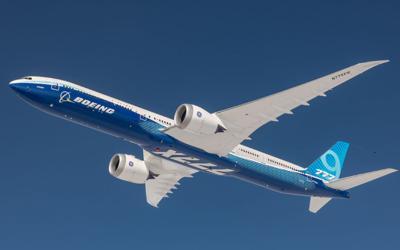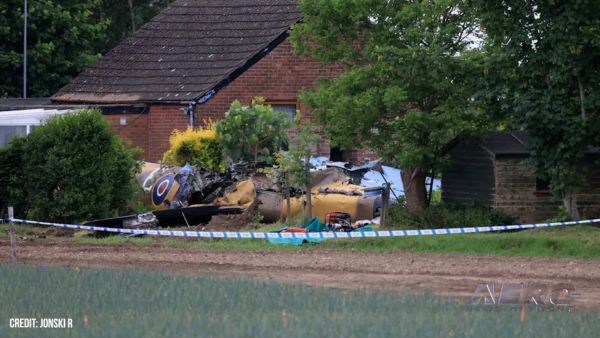Tue, Mar 01, 2022
Advertisement
More News
 Aero-News: Quote of the Day (06.06.24)
Aero-News: Quote of the Day (06.06.24)
"To advance autonomous flight systems, our focus remains on automating pilot skills that enhance efficiency but most importantly, prioritize safety at every stage. Progressing thes>[...]
 ANN's Daily Aero-Linx (06.06.24)
ANN's Daily Aero-Linx (06.06.24)
Aero Linx: MC-12W Liberty The MC-12W is a medium-to low-altitude, twin-engine turboprop aircraft. Its primary mission is providing intelligence, surveillance and reconnaissance sup>[...]
 ANN's Daily Aero-Term (06.06.24): Airport Taxi Charts
ANN's Daily Aero-Term (06.06.24): Airport Taxi Charts
Airport Taxi Charts Designed to expedite the efficient and safe flow of ground traffic at an airport. These charts are identified by the official airport name; e.g., Ronald Reagan >[...]
 NTSB Final Report: Holland Travis E Velocity
NTSB Final Report: Holland Travis E Velocity
Pilot’s Failure To Engage The Turbocharger For Takeoff And His Improper Decision To Continue The Takeoff... Analysis: The owner recently purchased the experimental amateur-bu>[...]
 Airborne 05.31.24: 1Q GA Sales, 200th ALTO LSA, Spitfire Grounding
Airborne 05.31.24: 1Q GA Sales, 200th ALTO LSA, Spitfire Grounding
Also: NATA CEO In Legal Dilemma, WestJet Encore Settle, Drone Bill H.R. 8416, USN Jet Trainer GAMA released their 1Q/24 GA Aircraft Shipment and Billing Report -- with mostly mixed>[...]
blog comments powered by Disqus




